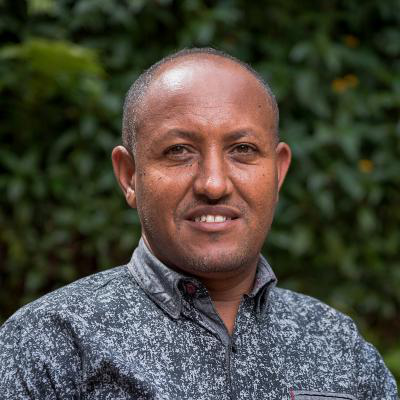Description
Smallholder farming represents over 80% of the world’s farms and produces around 50% of its food supply. These farming systems are often characterized by degraded soils and/or scarce nutrients and water, low and stagnating crop yields and reduced product quality and profitability, exacerbated by climate change, low resource use efficiencies, declining soil health, and gender inequalities, all related to the CGIAR Impact Areas. Smallholder farmers seasonally make critical agronomic decisions regarding crop choice, planting dates, and pest, disease, weed, soil fertility and water management, often based on subpar practices and information. The Excellence in Agronomy (EiA) initiative focuses upon improving the ability of men and women farmers to make appropriate decisions and apply new, climate-adaptive, and gender- and youth-responsive solutions.
EiA aims to deliver agronomic gain for millions of smallholder farming households (i.e., those with less than 5 ha of land) in prioritized farming systems by 2030. Uptake of agronomic solutions at scale will generate measurable impacts on livelihoods, food and nutrition security, resource use, soil health, climate resilience, and climate change mitigation, particularly among women and young farmers.
EiA research objectives are (i) To determine how agronomy research and development (R&D) can leverage advances in diagnostics, data science, geospatial analysis, remote sensing, and behavioral sciences to develop widely applicable and locally-relevant gender- and youth-responsive solutions at scale and (ii) To assess the effectiveness of the Use Case model, constructed around actual demand for agronomic solutions, and implemented through a co-creation process with demand partners, the science community, and other service provider.
























